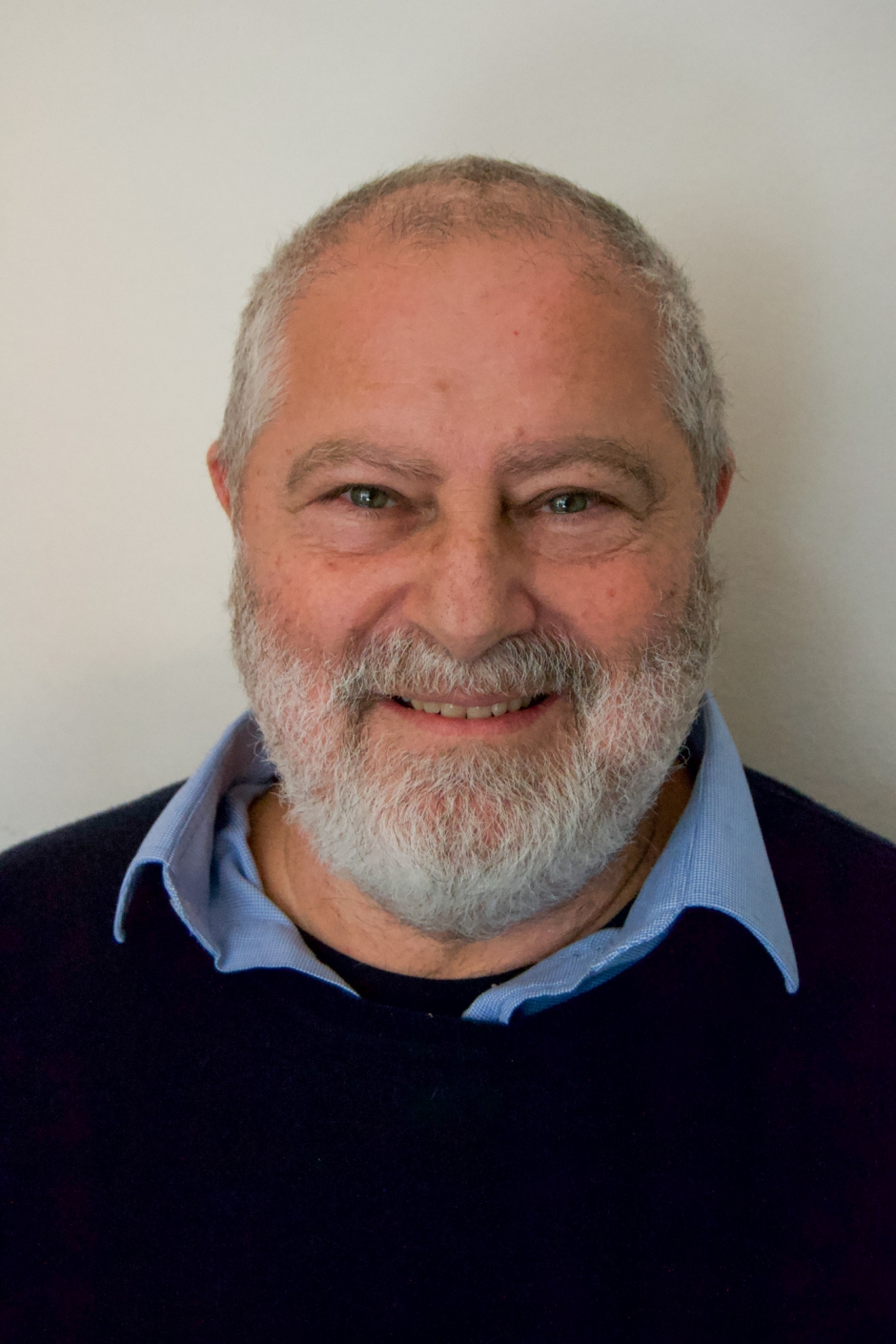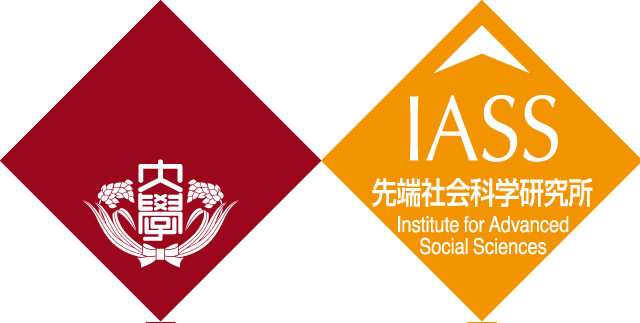- News
- 第10回カーボンニュートラル研究セミナー(Dr. Mario Giampietro, 3/13)
第10回カーボンニュートラル研究セミナー(Dr. Mario Giampietro, 3/13)

- Posted
- Thu, 09 Feb 2023
Innovative quantitative analysis in sustainability scienceサステナビリティ科学における革新的な定量分析 |
|
○講演概要 AbstractThis seminar deals with three interrelated topics in the field of sustainability science: 1) the profound crisis in current policy making in sustainable development; 2) the underlying systemic flaws in quantitative analysis of sustainability concerns; and 3) a novel methodology to get out of this impasse.1 – The crisis in sustainability science for governance. I will illustrate the presence of policy legends in the sustainable development policies of national and international governments. I will then debunk the two most popular of these policy legends, that is: (1) the idea that we will be able to decarbonize our modern economies in 20 years; and (2) the idea that a circular economy can solve all our sustainability problems.2 – Systemic flaws in the quantitative analysis of sustainability issues. I will show and explain the presence of systemic problems in the current quantitative analysis of sustainability concerns by drawing on complex system theory and, in particular, on the concept of metabolic pattern of social-ecological systems. Complex adaptive systems, such as human societies, are organized over different hierarchical levels and are operating across different scales. Their analysis cannot be carried out by adopting one scale and one dimension at the time. I will present two examples to illustrate this point: (1) the absurdity of the common practice to compare the “efficiency” of the national economies of different countries; (2) the neglect in current analyses of the existence of internal biophysical constraints determining the profile of time allocation over different social practices.3 – A novel methodological approach. Finally, I will present the latest developments of the approach ‘Multi-Scale Integrated Accounting of Societal and Ecosystem Metabolism’ (MuSIASEM). I will show how it allows to carry out a relational analysis between structural and functional components of a society across hierarchical levels. I will provide an overview of the MuSIASEM toolkit that has been designed for use in policy deliberation support. This toolkit provides a set of five different lenses to observe (and analyze) the metabolic pattern: 1. The FEELINGSCOPE, which is used to characterize social practices at the level of the household; 2. The MACROSCOPE, useful to characterize the “cost opportunity” associated with the profile of allocation of fund and flow elements across the different socio-economic compartments of the society; 3. The MESOSCOPE, useful to assess the level of openness of the system (to what extent is the local consumption dependent on imports?); 4. The MICROSCOPE, useful to assess the interaction of the local systems of production with the embedding ecosystems associated with the expression of environmental pressures; 5. The VIRTUALSCOPE, useful to assess the externalized end uses and the externalized environmental pressures associated with the production of the imports elsewhere. The simultaneous use of these different lenses generates quantitative assessments (based on matrices) expressed in different metrics. However, I will show that relational analysis allows us to integrate these quantitative results to enable a coherent deliberation of the trade-offs in policymaking.
|
|
○講演者 Speaker |
Dr. Mario Giampietro |
○略歴 Shortbio |
ICREA Research Professor at the Institute of Environmental Science and Technology of the Universitat Autònoma de Barcelona, SpainMore about Speaker |
○使用言語 Language |
英語 English・日本語 Japanese(同時通訳 simultaneous interpretation) |
○開催日時 Date |
3月13日(月曜日)14:00~16:002-4 pm (JST) March 13th, 2023 |
○開催場所 Venue |
Zoom。事前登録を講演前日までにお願いいたします。登録後、ご指定のメールアドレスに Zoom リンクが届きますので、当日はそちらからご入室ください。 |
○参加登録 Registration |
<事前登録フォーム>からご登録ください。 Click HERE to register |
○対象 Eligible Applicant |
学生・教職員・研究グループメンバー・一般 Student, Faculty and Staff, and Researchers, General Participants |
○主催 Host |
早稲田大学先端社会科学研究所 Institute for Advanced Social Sciences (IASS) |
○共催 Co-Host |
青山学院大学総合研究所(プロジェクト名「人口動態の変化が家計のエネルギー消費に与える影響:Multi-Scale Integrated Analysis of Societal and Ecosystem Metabolism(MuSIASEM)による予測」)早稲田大学環境経済・経営研究所 Research Institute for Environmental Economics and Management (RIEEM)早稲田大学高等研究所 Waseda Institute for Advanced Study (WIAS)早稲田大学スマート社会技術融合研究機構 Advanced Collaborative Research Organization for Smart Society (ACROSS) |
○お問合せ先 Contact |
先端社会科学研究所事務局([email protected]) |
- Tags
- 研究活動
